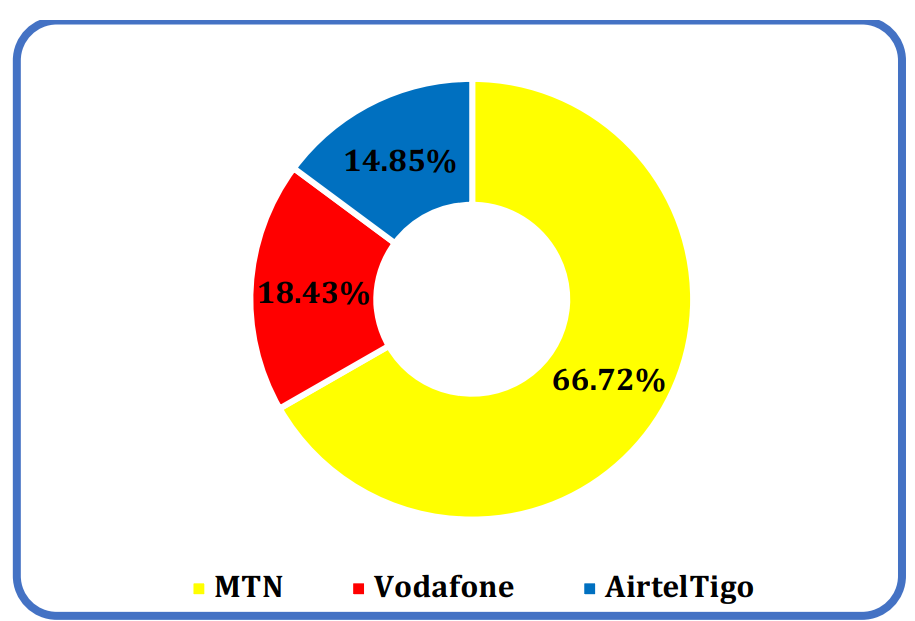
Ghana faces a crisis of false patriotism, where leaders, especially Mahama and the National Democratic (NDC), distort patriotism to deflect criticism. They label dissent as hatred for Ghana, revealing through their history and actions a pattern of hypocrisy that threatens national unity, undermines law and order, and confuses citizens about the meaning of true patriotism.
Using accusations of disloyalty to silence critics has deep roots in Ghanaian politics. Nkrumah began this pattern by presenting himself as the sole patriot and branding opponents as enemies of the nation, manipulating the concept of patriotism to consolidate power.
During Nkrumah and the Convention People’s Party CPP’s) reign, critics were often branded as Ghana-haters. These attacks targeted those who challenged government policies or advocated for property rights and the rule of law, leading to the rise of demagoguery and political repression.
Ironically, in an Orwellian doublespeak, Nkrumah dined and wined with imperialists and courted them to fund most of his pet projects, among them the Volta Project. Nkrumah’s propaganda whipped up inhuman images of his opponents and critics. This contradiction reflects what is called projection — attributing one’s own negative qualities or behaviours to others.
This attitude persists with the John Mahama regime. In fact, Mahama has mastered the art of projection. While in opposition, he criticized galamsey (illegal mining). He condemned the practice using euphemisms, jargon, vagueness, intentional omissions, and misdirection to present himself as a patriot, pledging to act in Ghana’s best interest by stopping galamsey within minutes of his party gaining power. Once in office, and driven by self-interest, he established a GOLDBOD to buy illegal galamsey gold.
John Mahama’s false patriotism isn’t even about unconditional support for his regime; it’s about unwavering backing for failed Nkrumahist socialist policies. John Mahama and his party kiss the Ghana flag like a drug dealer. Hugging and kissing the Ghana flag have become performative tactics: accusing opponents and critics of being unpatriotic, lawless, or dishonest, while the regime displays the same attitude. Projection has become both a shield and a weapon for the NDC — deflecting accusations of corruption and lack of accountability, and discrediting others.
Unfortunately, many people may not notice the self-assured tone that is often present in the rhetoric of Ghanaian politicians. Their patriotism can give the impression that our country consists of small political and social circles, each with its own boundaries. Those who find themselves within a party’s circle of influence may view themselves as better, nobler, grander, or more intelligent than those in other circles.
Real patriotism is loving Ghana and caring for its people. It means supporting policies that benefit all, regardless of party, tribe, or creed, and making the country better for everyone. This often requires criticizing the government, helping Ghana find the right path. Most Ghanaians love their country and will persist in critiquing bad policies and corrupt leaders.
To safeguard the republic, Ghanaians must learn to recognize projection, question inconsistencies, and carefully examine the motives of those who come bearing gifts. Acts of patriotism today may not always match individual responsibility. What we see may reflect broader ideological trends that can include negative aspects like division and self-interest.
We need to restore a vision of patriotism rooted in justice, equality, and the rule of law. Patriotism is more than waving a flag or repeating slogans; it is a commitment to the ideals of multi-party democracy and human dignity. The inflation of the term “national interest” to cover every form of discomfort or disagreement has paradoxically made us incapable of recognizing false patriotism when it emerges. ‘Unpatriotic’ really is: the physical destruction of another human being’s capacity to speak, to think, to exist.
That is not patriotism; it is sycophancy; it is desperation. And this is the tragedy of Ghana.
Does that not tell us something about the failure of leadership in Ghana?
We must fight back, and we will. True patriotism defends the country against its rulers when those rulers engage in and condone rampant corruption, unrepentant looting of national resources, and are grossly incompetent.
True patriotism refuses to be silenced in the face of injustice, poverty, and hopelessness.
It is about putting Ghana first, and the principle that truth emerges through encounter, not through elimination, not one man or one party. Fake patriotism is killing Ghana.
By Kwadwo Afari
Editor’s note: Views expressed in this article do not represent that of The Chronicle
The post Fake Patriotism Is What Is Killing Ghana appeared first on The Ghanaian Chronicle.
Read Full Story




















Facebook
Twitter
Pinterest
Instagram
Google+
YouTube
LinkedIn
RSS